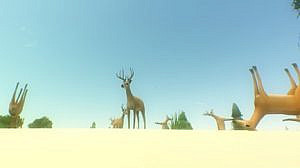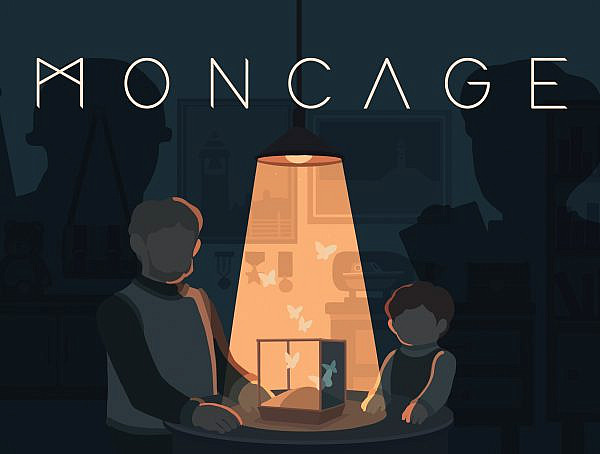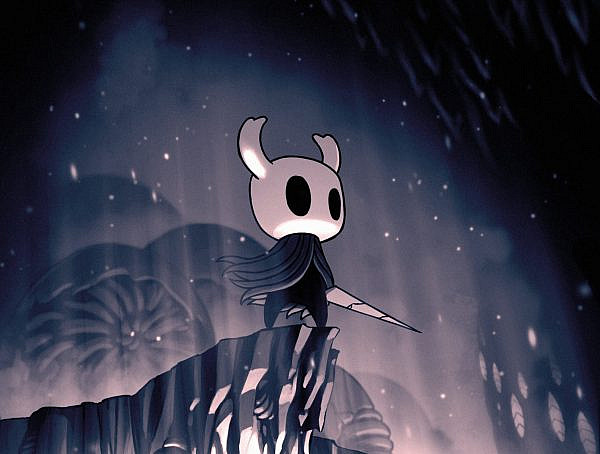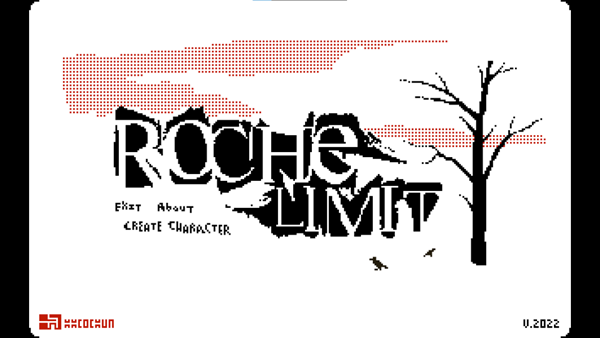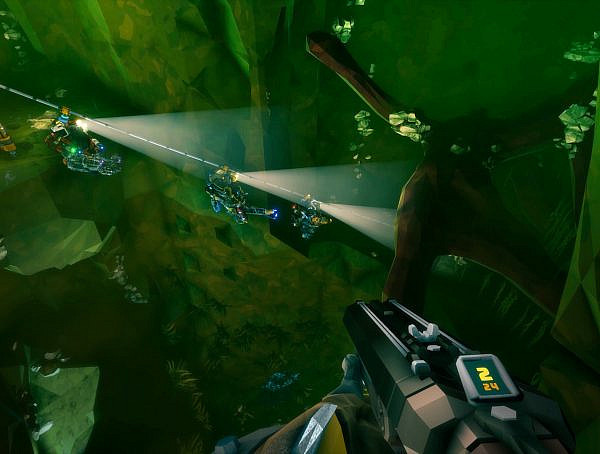You’re an arctic wolf rolling around a desert. You’re a spec of dust floating through the milky way. You’re three apartment buildings dancing together in a cluttered city of chaos. You’re everything, and everything is you. In this 2017 simulation video game you shift between controlling different inanimate objects and lifeforms throughout different environments. While playing, the player is introduced to the late British philosopher and theologian Alan Watts’ ideas through audio snippets of his lectures. In the audio clips, Watts discusses the interconnectivity of all things, the Ego and the grander meanings of life; focusing on how everything grows out of the same world, and we’re all made of the same stuff. Instead of being defined by our inner worlds or our physical limits, we are defined by our relation to the world around us. Watts’ rhetoric invites us to blur and even forget the boundaries of our “self”, or – our Egos.
In the beginning, the game moves at a rapid pace and holds your excitement steady with all the new things to discover. The game starts you off with a mammal and you are quickly taught that you can take control of bigger groups of beings, after which you can move to shifting horizontally between controlling things of similar size, followed by shifting vertically to smaller and bigger worlds, which eventually create a loop. When you first learn to descend, it feels satisfying to learn that from being a tiny speck of wood you can keep descending all the way down to the atomic level and beyond.
As you explore the worlds as different beings, you discover other beings’ thoughts, which pop up on your screen as little thought bubbles that you can select and read if you get close enough. These thoughts are usually mundane things about everyday life, highlighting that everyone has their own little worlds inside their heads. The game has a section that focuses on this idea, and it encourages you to ‘break free from your thoughts’, if you feel as though you’re trapped in your own head.
With descending and ascending, the game invites you to explore what everything consists of and what everything builds up to be. You can do this at any time, and you’re zoomed out or into a new world of a different scale. While collecting different beings in your ‘catalogue’ of everything you’ve been can be seen as one of the main objectives you can take, the gameplay experience itself tends to be the same on similar scale objects. Controlling an ant isn’t all too different from controlling a cigarette butt. When the game tells you you’re a woolly mammoth, you don’t necessarily feel like you’re a woolly mammoth, especially because the mammals in the game move by rolling around instead of walking. However, considering the low-budget production of the game this is very understandable, and you could even argue that it elevates the message of interconnectedness. The philosophical concepts of Watts are the heart of this game, and the gameplay works as a tool of realizing and conceptualizing them. The gameplay by itself it can get a little lackluster after a while however, as it doesn’t take very long to get the gist of things, and the amount to which you can interact with different environments and objects remains fairly minimal.
The game is virtually infinite as it has no end or clear goal other than exploration and discovery. A unique feature to the game is that of autoplay, where the game goes on playing by itself, even if you leave the controls untouched. The autoplay feature ties in with the themes and offers the player the chance to sit back and spectate. It also makes the game a great fit for art exhibitions. The game can be very beautiful and serene at times, and the soundtrack supports this.
As our western society continues to platform hyper-individualism and more things are being transported from physical to digital, we’re made distant from each other and of the physical world. Everything attempts to remind us about what we’re all made of and asks us to see beyond our shells. After playing the game, I found myself connecting with the objects I had laying around my desk. Walking outside, I started imagining life from the viewpoint of a falling leaf. It made me want to sing and dance and connect with the things around me. And for that, I think it’s an incredibly unique game worth giving a shot.
Game details:
Publisher: Double Fine
Developer: David OReilly
Platforms: Microsoft Windows, macOS, Playstation 4, Linux, Nintendo Switch
Release Date: March 21, 2017 (Playstation 4)
Genres: Simulation, Indie
PEGI: 3
Photos: Official promo pictures for Everything (Double Fine)
https://www.doublefine.com/games/everything
https://store.steampowered.com/app/582270/Everything/
A media student passionate about gritty story-based video games, pop culture from the 2000's and the wider cultural representations in games. Loves discussions about art direction, music and different interpretations. Enthusiastic about scheming-based board games.
You might also like
More from Game Reviews
Mining, Mayhem, and Bugs: A Deep Rock Galactic Review
Fight monsters, mine riches, and cause chaos with your dwarf crew — welcome to Deep Rock Galactic!
Microsoft Solitaire: classic games to kill time
Perhaps the most played games in offices worldwide, Microsoft Simulator is a pinacle of design from the era where games …
Reviewing Elden Ring amidst Elden Ring Nightreign hype
Elden Ring Nightreign is coming soon, so now might be a great time to take a another look at Elden …







